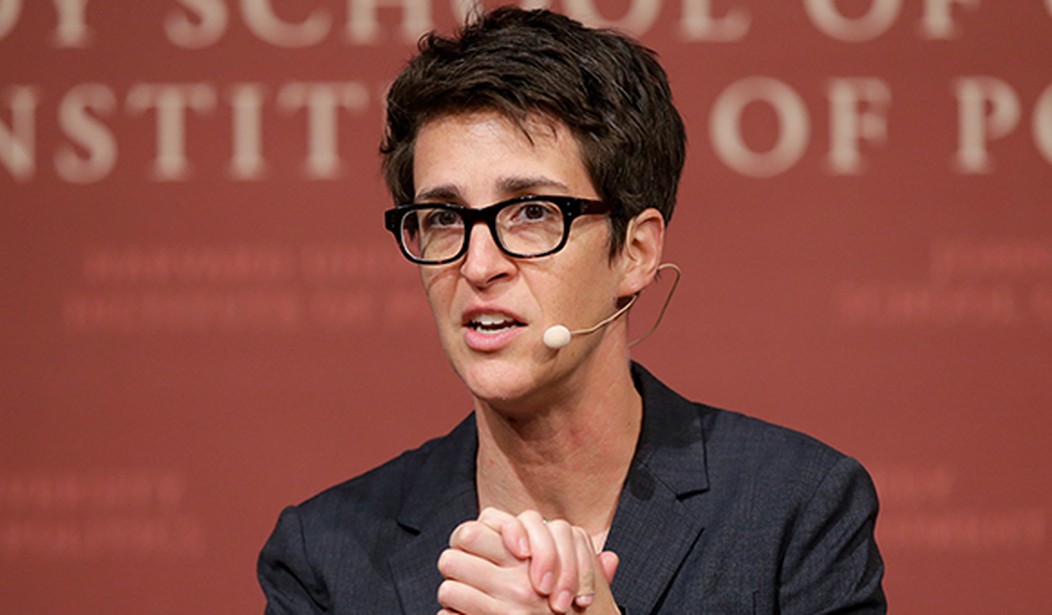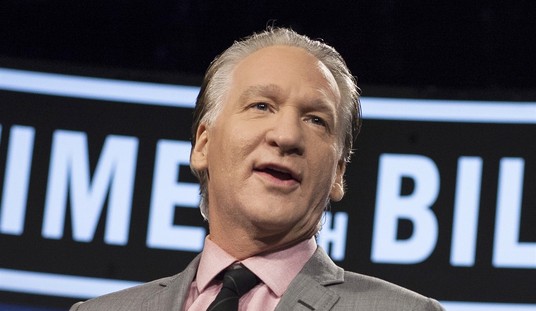One America News Network, a right-leaning cable news outlet, on Monday filed a $10 million defamation lawsuit against Rachel Maddow, Comcast Corporation, NBC Universal Media and MSNBC Cable in the U.S. District Court for the Southern District of California.
According to the lawsuit, Comcast refused to carry OANN as part of their cable programming package because the conservative network frequently rebuked MSNBC's liberal politics. The lawsuit also claims that MSNBC host Rachel Maddow said OANN is “really literally is paid Russian propaganda." Her comments came after OANN’s President, Charles Herring, sent a letter to Comcast objecting to their refusal to carry the conservative network. Herring referred to their refusal to carry OANN as “anti-competitive censorship.”
OANN argues the defendants knew their statements about the conservative network were false but were made as a means of damaging OANN's business and reputation. Specifically, OANN states the comments were made in retaliation for calling out Comcast's refusal to carry the conservative cable network in its programming packages.
“One America is wholly owned, operated and financed by the Herring family in San Diego,” said Skip Miller, a partner at Miller Barondess, who is representing OANN. “They are as American as apple pie. They are not paid by Russia and have nothing to do with the Russian government. This is a false and malicious libel, and they’re going to answer for it in a court of law.”
Recommended
In California, the elements of a defamation claim are (from the Digital Media Law Project):
- publication of a statement of fact
- that is false,*
- unprivileged,
- has a natural tendency to injure or which causes "special damage," and
- the defendant's fault in publishing the statement amounted to at least negligence.
Publication, which may be written or oral, means communication to a third person who understands the defamatory meaning of the statement and its application to the person to whom reference is made. Publication need not be to the “public” at large; communication to a single individual other than the plaintiff is sufficient. Republishing a defamatory statement made by another is generally not protected.

























Join the conversation as a VIP Member